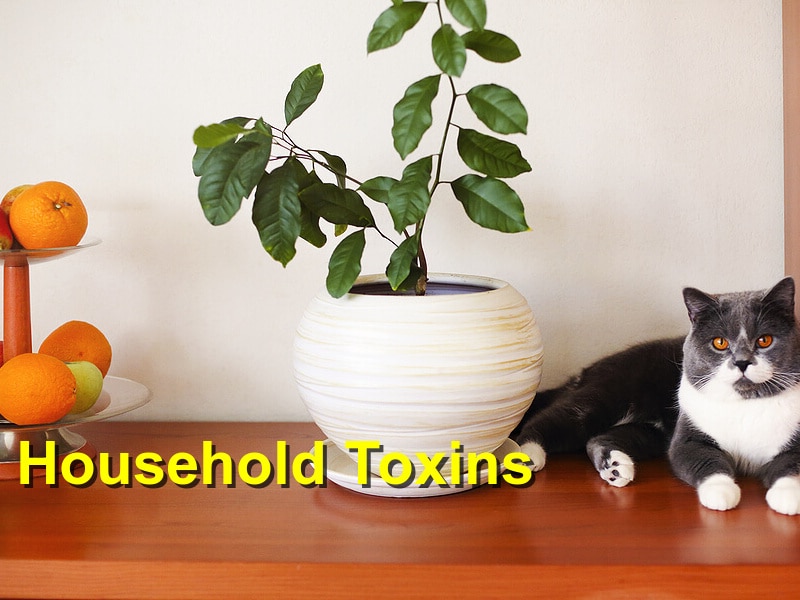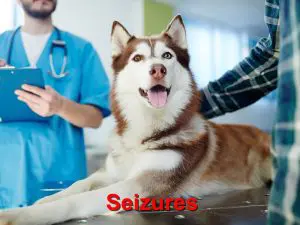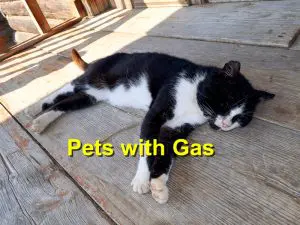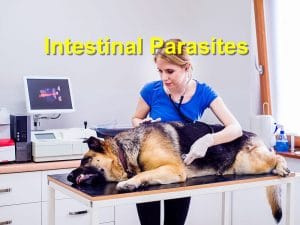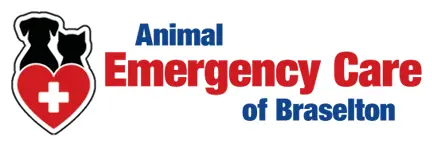Household Toxicities: Are Your Pets Safe?
While you might be cautious when handling household cleaners, pets control products, or automotive products at home, these toxic materials can easily spill into your pet’s dinner and cause health problems. For example, chocolate found in most households is poisonous for pets, especially dogs. If your dog ingests chocolate or any household product accidentally, you should visit the vet immediately.
Additionally, raisins and grapes can lead to renal failure when ingested by dogs. On the other hand, rat poison can also be dangerous to both dogs and cats. So, if you have pets in your home, then you should find a better pest control plan.
Antifreeze
Antifreeze is a very dangerous household item that can poison your pets. It contains a compound known as ethylene glycol that is toxic to pets. Although the toxicity is easy to treat, it is advisable to find quick treatment before it turns lethal, especially when ingested by a dog.
Décor plants
Although plant decors can liven up your home, some plants can pose health problems when ingested by pets accidentally. For instance, sago palms can cause liver damage when ingested by pets. Moreover, lilies have an adverse effect when consumed by cats. They are known to cause kidney failure that is hard to treat.
That said, you should always be cautious of what your pets play with or eat at home. When left unsupervised, pets can eat anything and this should be avoided to keep health problems at bay. Better yet, keep these household toxins away from pets in a secured storage.
Store household products securely
But if the pets ingest harmful household items or foods, contact the vet immediately to determine the best treatment option. Alternatively, you can consult the Animal Poison Control Center to get advice on how to deal with these toxic ingestions.
Remember that prevention is better than treatment as far as dealing with household toxins is concerned. Store all possible toxicities in a safe place where animals cannot reach. Most importantly, you should have an emergency first aid kid in your home.
Last but not least, have the vet’s or pest control center numbers where you can contact them when your pets accidentally ingest household items.
Conclusion
If you suspect your pet has ingested something poisonous, visit the vet immediately to seek treatment options before the condition worsens. And as mentioned earlier, remember to store all household products is a secure container away from pets.
References: Modern dog magazine, AVMA, Banfield

